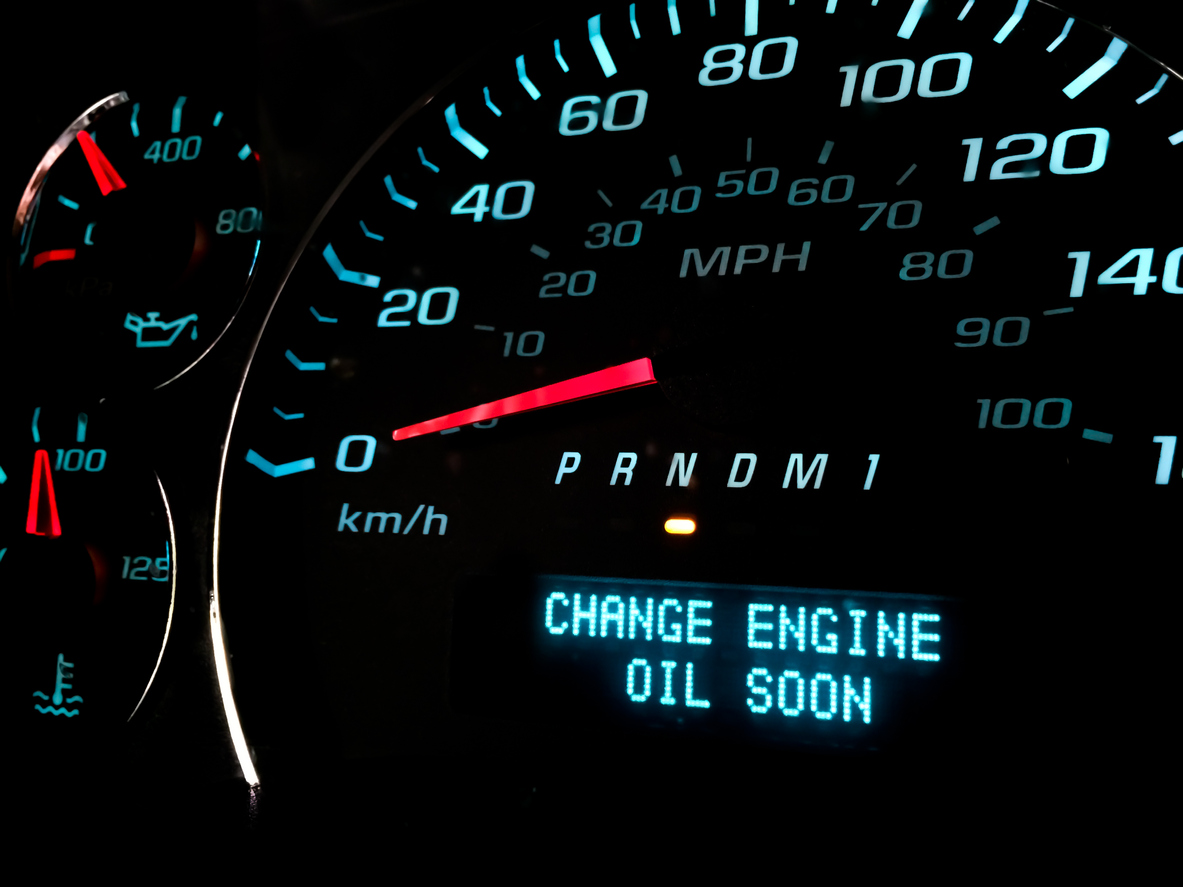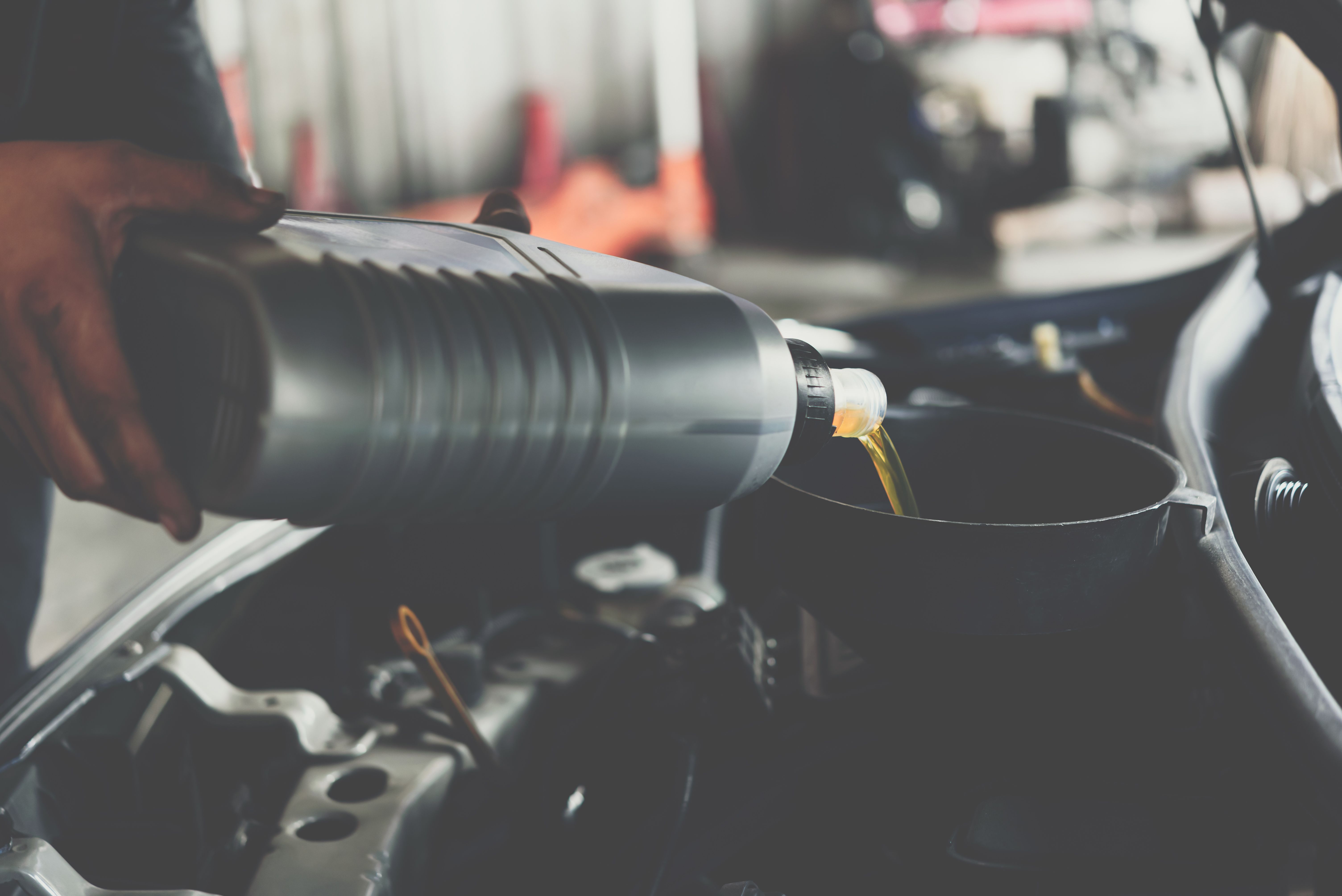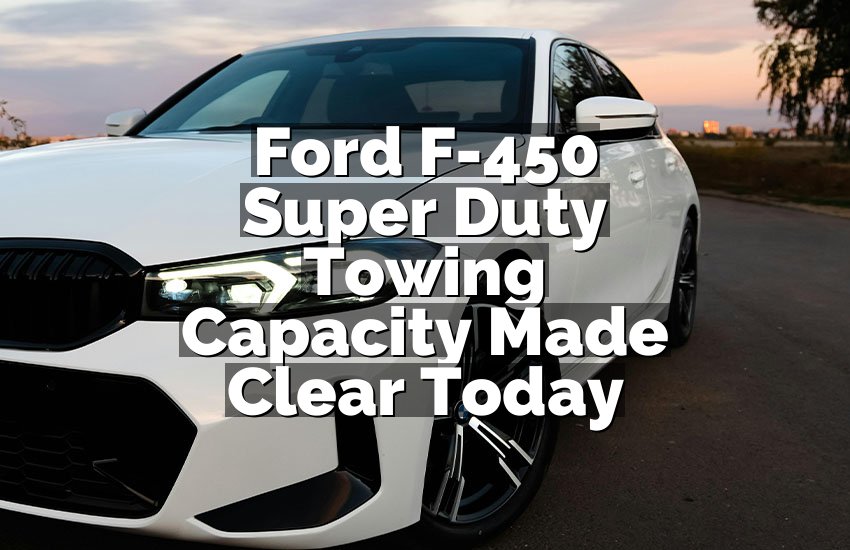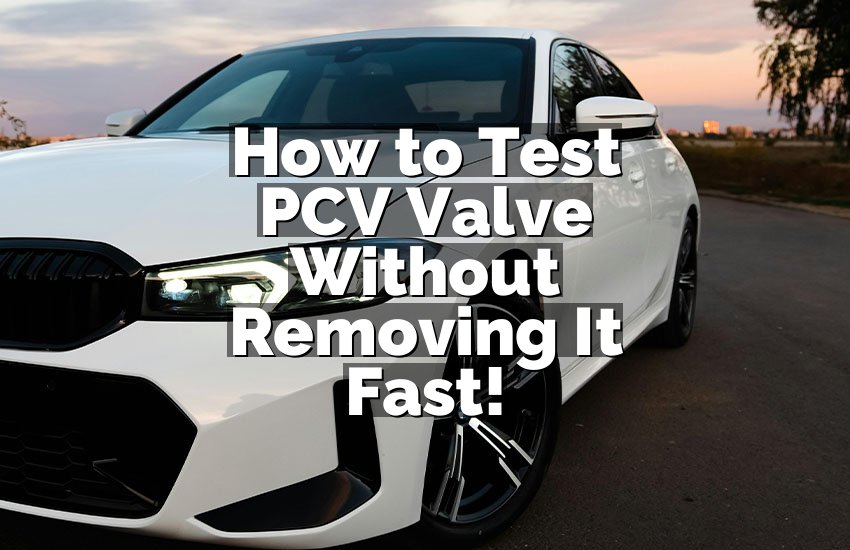Yes, you need an oil change once a year to avoid damage to your car. Regular oil changes help prevent engine wear and extend the life of your vehicle.
Neglecting to change your oil can result in harmful sludge buildup and reduced engine performance.
Importance Of Regular Oil Changes
Regular oil changes are a crucial aspect of maintaining the health and longevity of your car’s engine. By ensuring clean and properly lubricated engine components, you can prevent costly damage and improve fuel efficiency. In this section, we will delve deeper into the importance of never skipping an oil change.
Preventing Engine Damage
Your car’s engine works tirelessly, generating heat and friction as it operates. Over time, the engine oil becomes contaminated with dirt, debris, and harmful particles. Dirty oil loses its ability to lubricate effectively, leading to increased wear and tear on the engine components. By regularly changing your car’s oil, you prevent the buildup of harmful substances, reducing the risk of engine damage.
Improving Fuel Efficiency
Did you know that regular oil changes can also improve your car’s fuel efficiency? Dirty oil causes the engine to work harder, resulting in decreased fuel efficiency. By providing your engine with clean oil, you reduce friction and improve its overall performance, enabling it to run more efficiently. This means that your car will consume less fuel, saving you money in the long run.
Additionally, fresh oil helps to keep the engine clean internally, enhancing the overall combustion process. As a result, your car’s emissions will be reduced, contributing to a healthier environment.

Credit: www.liacars.com
Recommended Oil Change Frequency
The recommended oil change frequency for your vehicle is a crucial factor in maintaining its performance and longevity. Regular oil changes help keep the engine running smoothly and prevent wear and tear. Let’s delve into the manufacturer’s guidelines and factors to consider when determining the right oil change intervals for your car.
Manufacturer’s Guidelines
Manufacturers typically provide specific recommendations for oil change frequency based on the type of engine and driving conditions. It’s essential to consult your owner’s manual for the recommended intervals. Most modern vehicles are designed to go between 5,000 to 10,000 miles before an oil change.
Factors To Consider
Several factors can influence how often you should change your oil. Consider your driving habits, such as frequent short trips or towing heavy loads, which may require more frequent oil changes. Additionally, extreme weather conditions and stop-and-go traffic can impact the oil’s lifespan. Monitoring your oil level and condition can help determine if it needs changing sooner than the recommended interval.
Effect Of Extended Oil Change Intervals
Extended oil change intervals can potentially damage your car if not done correctly. While some manufacturers recommend changing oil once a year, it is important to consider factors such as driving conditions and the type of oil used to ensure optimal engine performance and longevity.
Increased Wear And Tear
Extended oil change intervals can lead to an increase in wear and tear on your car’s engine. When oil is not changed regularly, its ability to lubricate the various moving parts of the engine starts to degrade. This can result in increased friction and heat, causing parts to wear down faster than usual. Over time, this wear and tear can lead to costly repairs and even engine failure.
Regular oil changes, on the other hand, ensure that the engine is constantly supplied with fresh, clean oil that helps reduce friction and keep the moving parts properly lubricated. This helps minimize wear and tear, prolonging the overall lifespan of your car’s engine.
To prevent increased wear and tear, it is important to stick to the manufacturer-recommended oil change intervals. These intervals are designed to ensure the optimal performance and longevity of your vehicle.
Loss Of Lubrication
One of the most significant effects of extended oil change intervals is the loss of effective lubrication. Oil acts as a protective barrier between the moving parts of the engine, preventing direct metal-to-metal contact and reducing friction.
However, as oil ages, it becomes less effective at lubricating the engine. It can become contaminated with dirt, debris, and even sludge, which further hampers its lubricating capabilities. This can result in increased friction and heat buildup, leading to accelerated wear and damage to vital engine components.
Regular oil changes ensure that old, contaminated oil is replaced with fresh, clean oil that provides optimum lubrication. This helps to reduce friction and heat, as well as prolong the lifespan of crucial engine components.
Signs That You Need An Oil Change
If your car is experiencing reduced fuel efficiency, knocking sounds, or the oil change indicator light is on, it could be a sign that your car needs an oil change. Not changing your oil regularly can cause damage to your car’s engine, so it’s important to follow the manufacturer’s recommended schedule.
Dirty Or Dark Oil
One of the telltale signs that you need an oil change is if you notice that your oil is dirty or dark in color. When oil circulates through your engine, it picks up dirt, debris, and other particles that can cause it to become dirty over time. As the oil gets dirtier, it becomes less effective at lubricating your engine, which can lead to increased friction and wear. Additionally, dirty oil can also clog up the tiny passageways and filters in your engine, reducing its efficiency and potentially causing damage.
If you check your oil dipstick and see that the oil is dark and gritty, it is a clear indicator that it is time for an oil change. When you bring your car in for an oil change, the old, dirty oil will be drained out, and fresh, clean oil will be added. This ensures that your engine can continue to operate smoothly and efficiently, helping to extend its lifespan.
Engine Noise
Another sign that you may need an oil change is if you notice unusual engine noise. Clean oil acts as a lubricant, reducing friction and helping your engine parts move smoothly. However, as oil gets older and dirtier, it becomes less effective at lubricating these parts. This can result in increased friction and wear, leading to added strain on your engine and potentially causing it to become noisier than usual.
If you start to hear knocking, tapping, or grinding noises coming from your engine, it is a red flag that your oil may need changing. The lack of proper lubrication can cause the metal components in your engine to rub against each other, resulting in these unwanted sounds. Getting an oil change can help to restore proper lubrication and minimize engine noise, allowing your car to run smoothly and quietly once again.
Benefits Of Regular Maintenance
Regular vehicle maintenance is essential for the overall health and performance of your car. By adhering to a consistent maintenance schedule, you can enjoy various benefits that contribute to the longevity and efficiency of your vehicle.
Prolonging Engine Life
Regular oil changes contribute to extending the lifespan of your engine by ensuring that all internal components are adequately lubricated. This reduces friction and wear, ultimately enhancing the durability of the engine.
Preventing Costly Repairs
Frequent maintenance, including oil changes, can help detect and address minor issues before they escalate into major, expensive problems. By attending to regular maintenance tasks, you can minimize the risk of encountering unexpected and costly repairs.

Credit: www.autozone.com
Diy Vs. Professional Oil Changes
Wondering whether to opt for a DIY or professional oil change? It’s vital to get your car’s oil changed regularly to maintain its performance and longevity. While an annual oil change might seem convenient, it’s crucial to follow the manufacturer’s recommendations to avoid potential damage to your vehicle.
Trust the experts to keep your car running smoothly.
Pros And Cons
DIY oil changes can seem like a cost-effective and convenient option, but there are pros and cons to consider before you grab your toolbox. Let’s delve into the advantages and disadvantages of doing it yourself versus relying on a professional for your oil change needs.Choosing The Right Option
Pros of DIY Oil Changes:1. Cost Savings: Performing your own oil change can save you money on labor costs. With proper knowledge and equipment, you can swap out the oil and filter yourself, keeping your wallet happy.2. Convenience: By performing the oil change in your own garage, you can avoid the hassle of scheduling appointments and waiting around at a service center.3. Familiarity with Your Vehicle: If you enjoy working on your car and have a good understanding of its mechanics, DIY oil changes allow you to maintain a sense of control over your vehicle’s well-being.Cons of DIY Oil Changes:1. Time and Effort: Changing your own oil requires gathering the necessary tools and supplies, jacking up the car, and disposing of the used oil properly. It can be a time-consuming and physically demanding task.2. Mistakes and Mishaps: Without proper knowledge, there is a risk of making errors during the process, such as over/under-tightening the drain plug or using the wrong oil filter. These mistakes can lead to potential damage to your vehicle’s engine.3. Limited Expertise: Unless you have extensive mechanical knowledge, you may lack the skills to detect other potential issues that a professional technician could identify during an oil change.Pros of Professional Oil Changes:1. Expert Knowledge: Trained technicians at service centers have the necessary expertise to perform oil changes efficiently and effectively. They can spot any potential issues and provide guidance on maintenance requirements.2. Advanced Equipment: Professional service centers have access to specialized tools and equipment that may not be readily available to individuals, ensuring a more thorough and accurate oil change.3. Comprehensive Service: In addition to changing the oil, professional technicians typically perform additional checks, such as inspecting fluid levels, tire pressure, and filters, offering a more comprehensive evaluation of your vehicle’s condition.Cons of Professional Oil Changes:1. Higher Costs: Compared to DIY oil changes, professional services generally come at a higher price due to labor charges and additional checks performed during the service.2. Reliance on Appointments: Getting an appointment may involve waiting and coordinating your schedule with the availability of the service center, which can be inconvenient if you need an oil change urgently.3. Less Control: Leaving your vehicle in the hands of a professional means trusting their expertise and relying on their recommendations, possibly relinquishing some control over the maintenance process.Ultimately, the choice between performing a DIY oil change and seeking professional assistance depends on your level of mechanical proficiency, time availability, and preference for convenience. Remember to weigh the pros and cons to make an informed decision that aligns with your needs and resources.
Credit: www.popularmechanics.com
Conclusion
Maintaining regular oil changes is essential for your vehicle’s longevity. By following manufacturer guidelines and getting professional recommendations, you can ensure your car remains in optimal condition. Consistently replacing old oil with fresh, high-quality oil will safeguard your engine and prevent potential damage in the long run.


